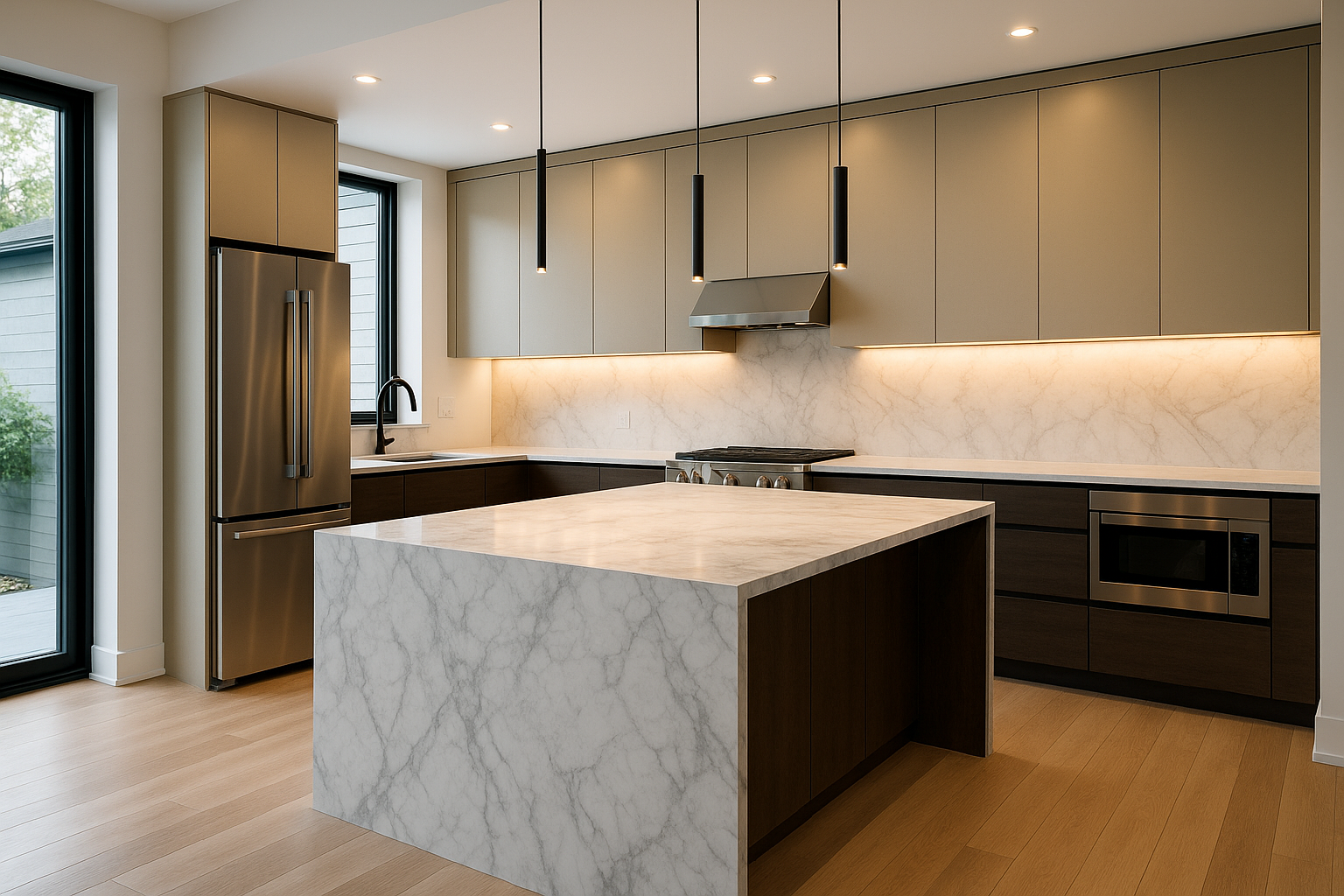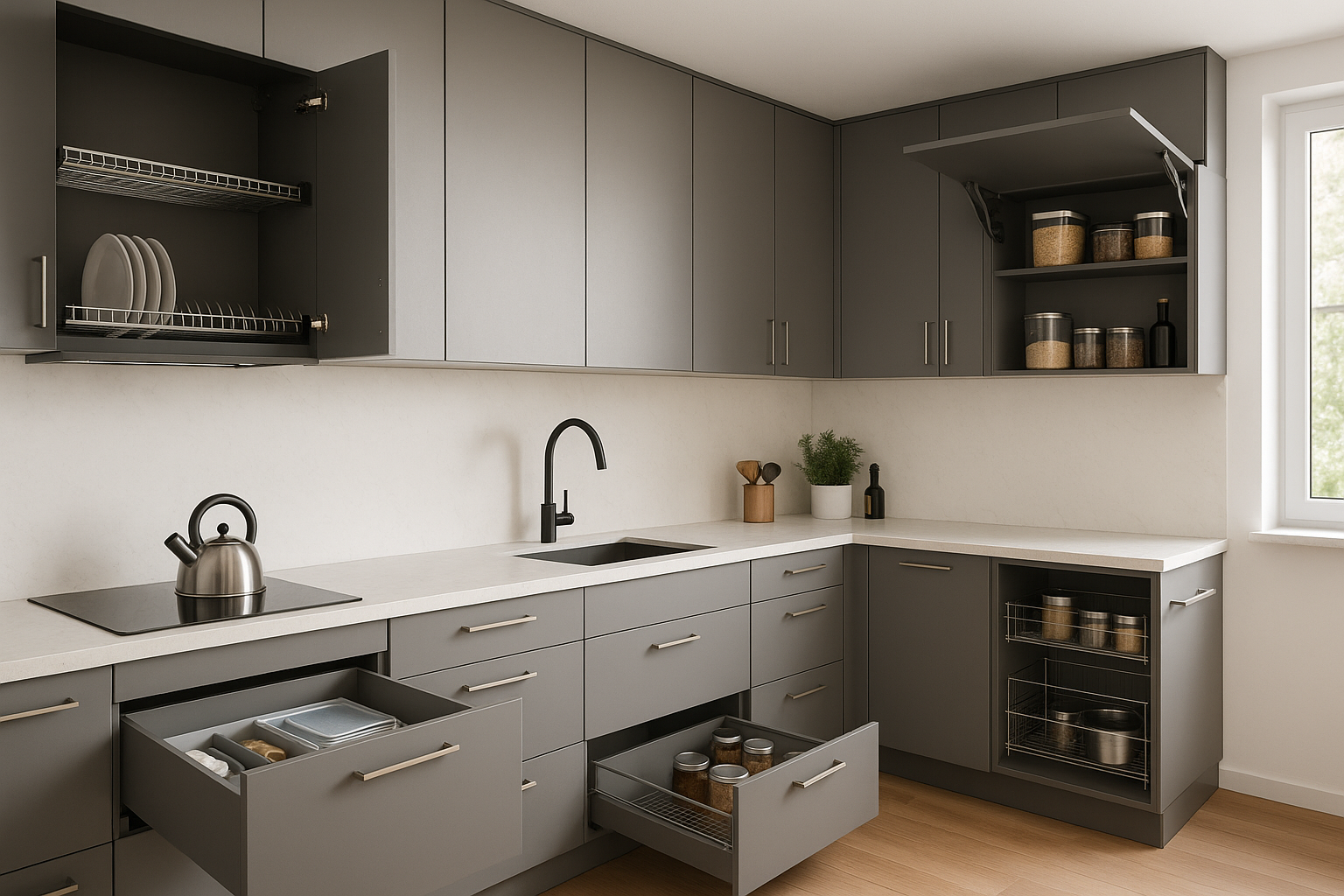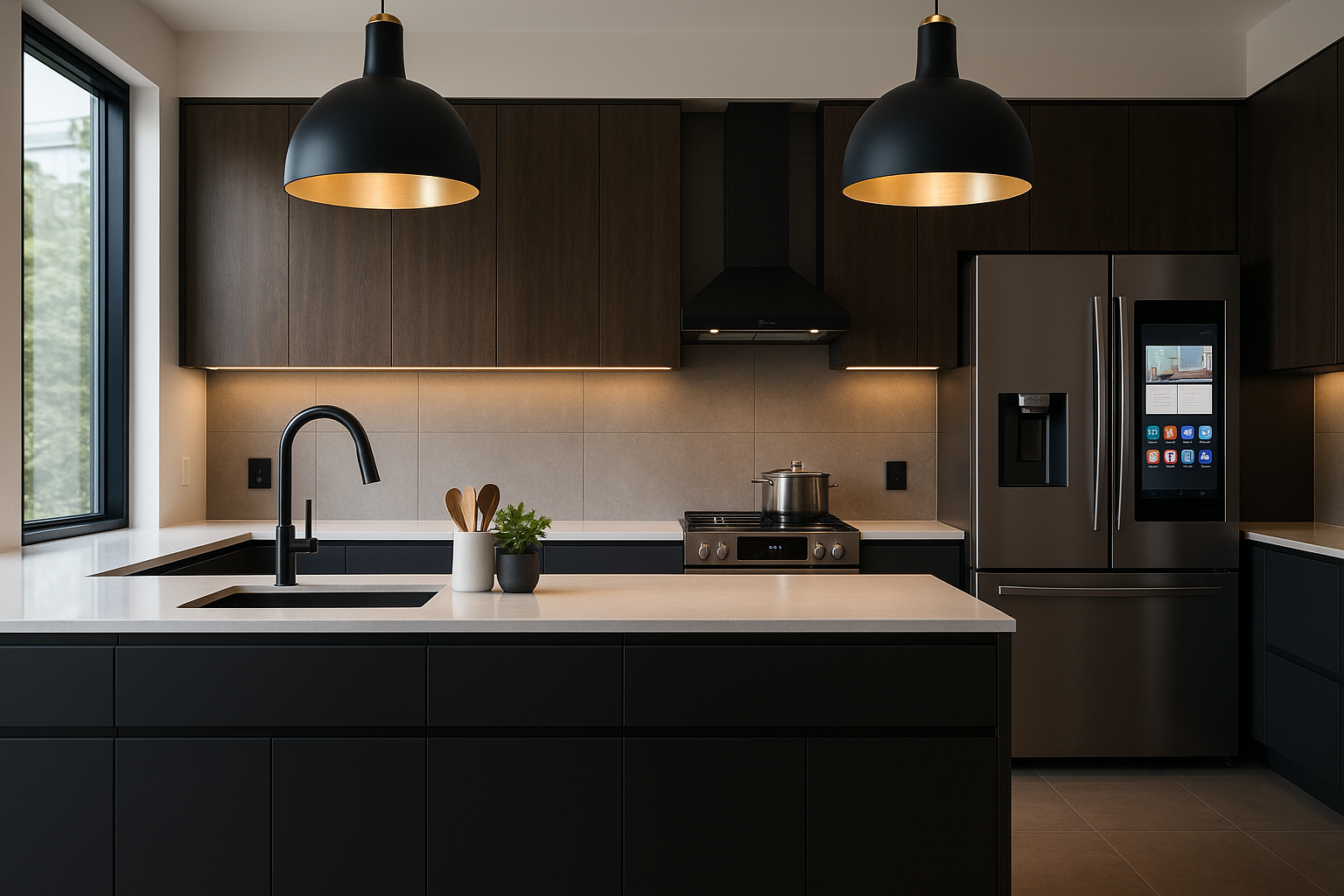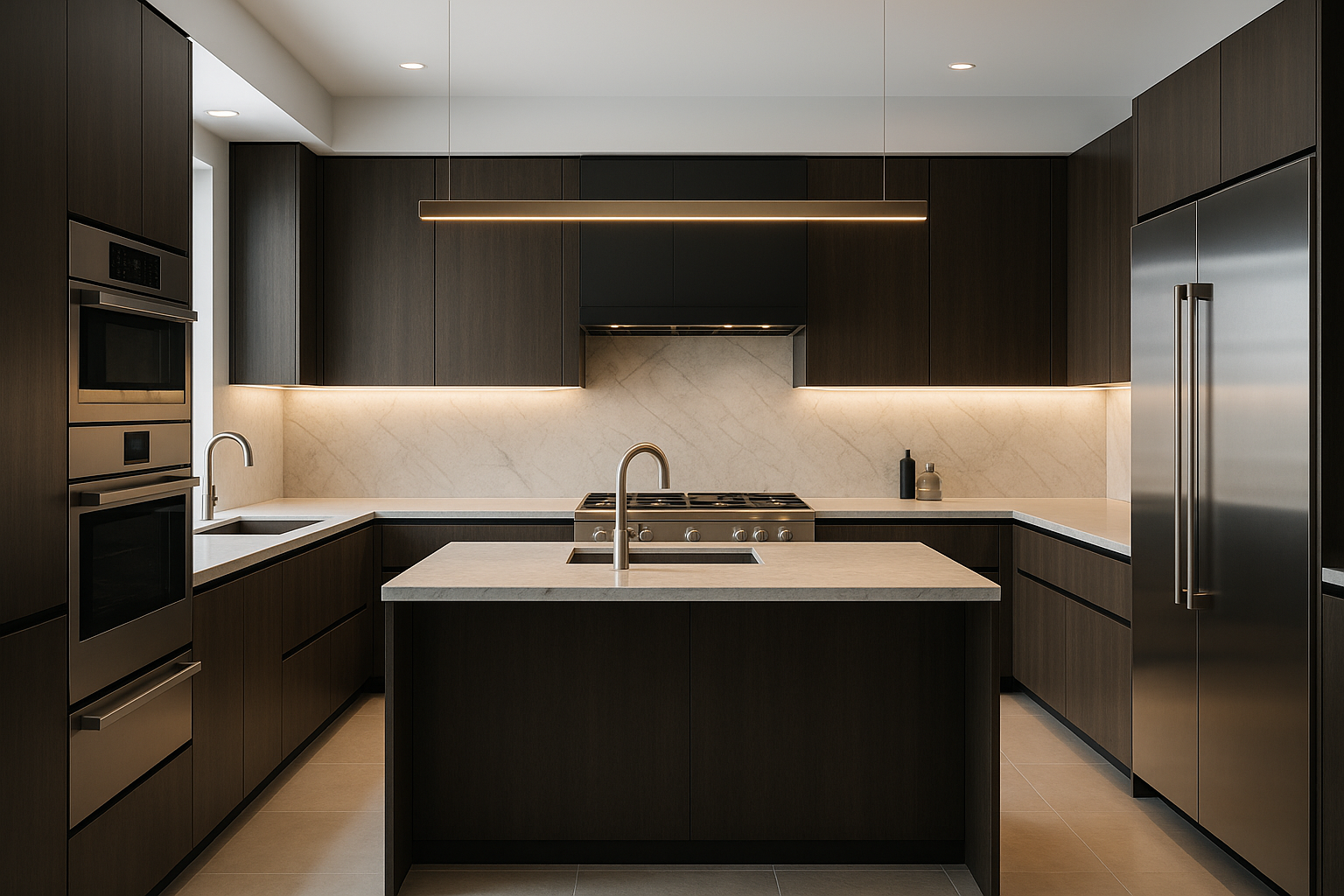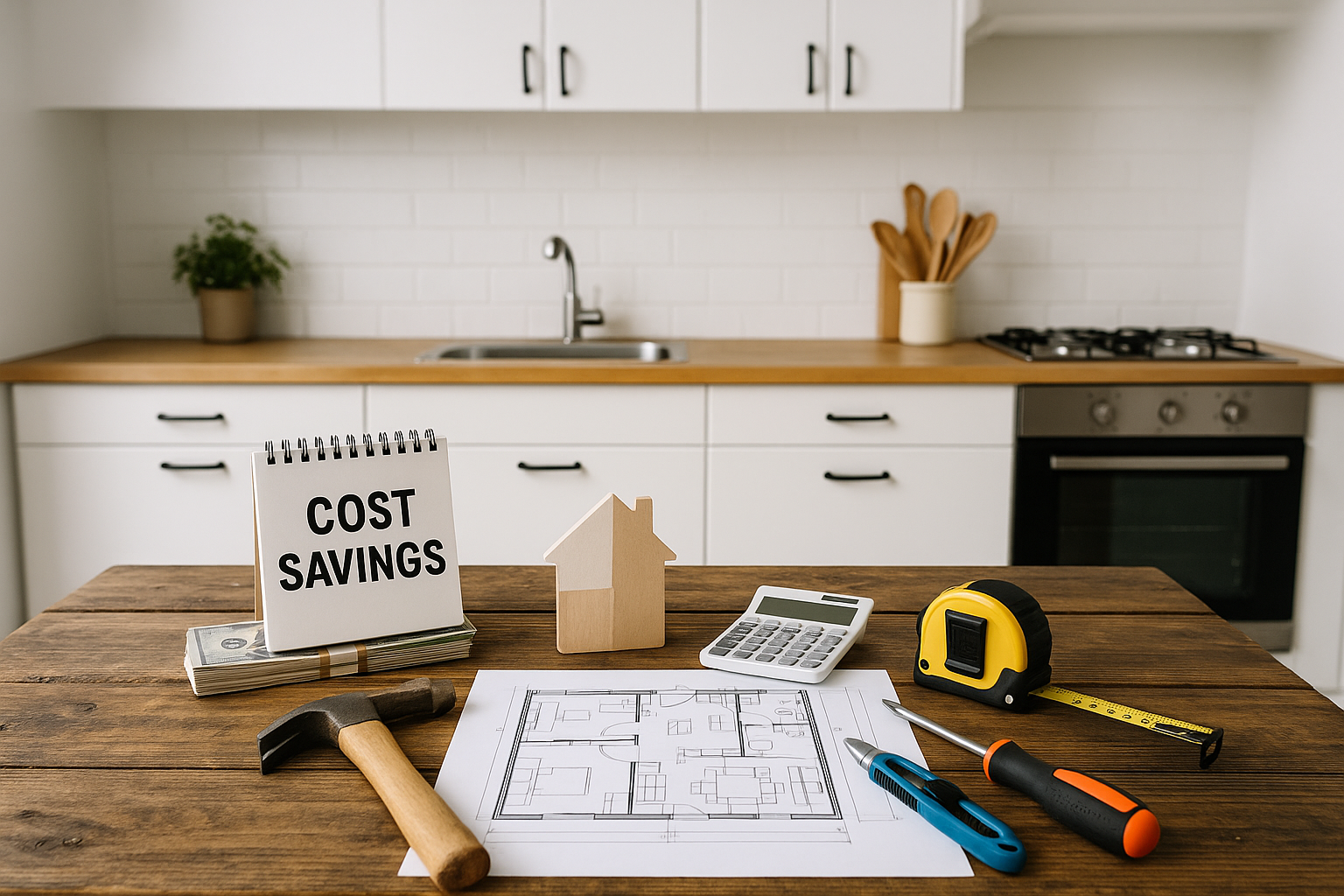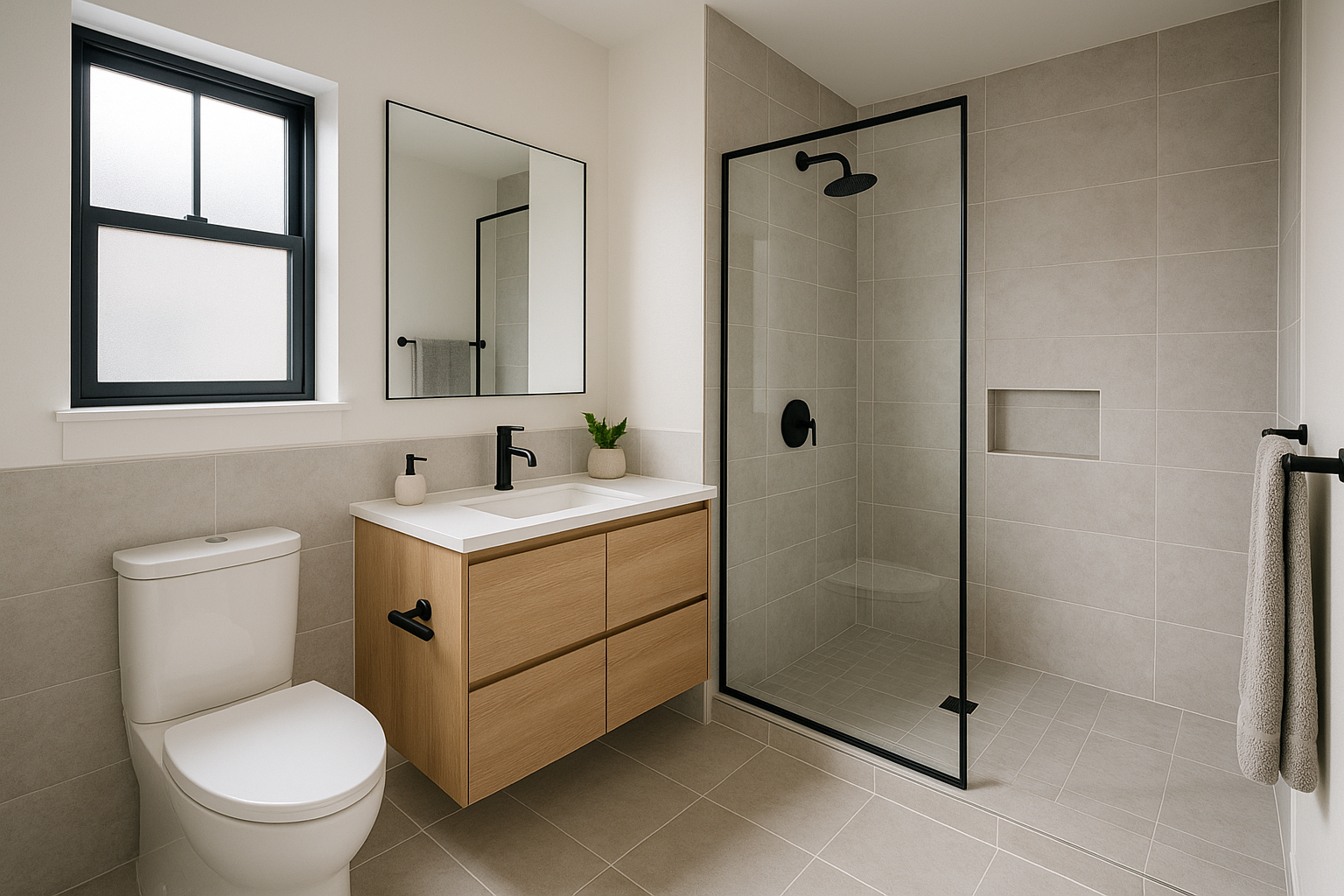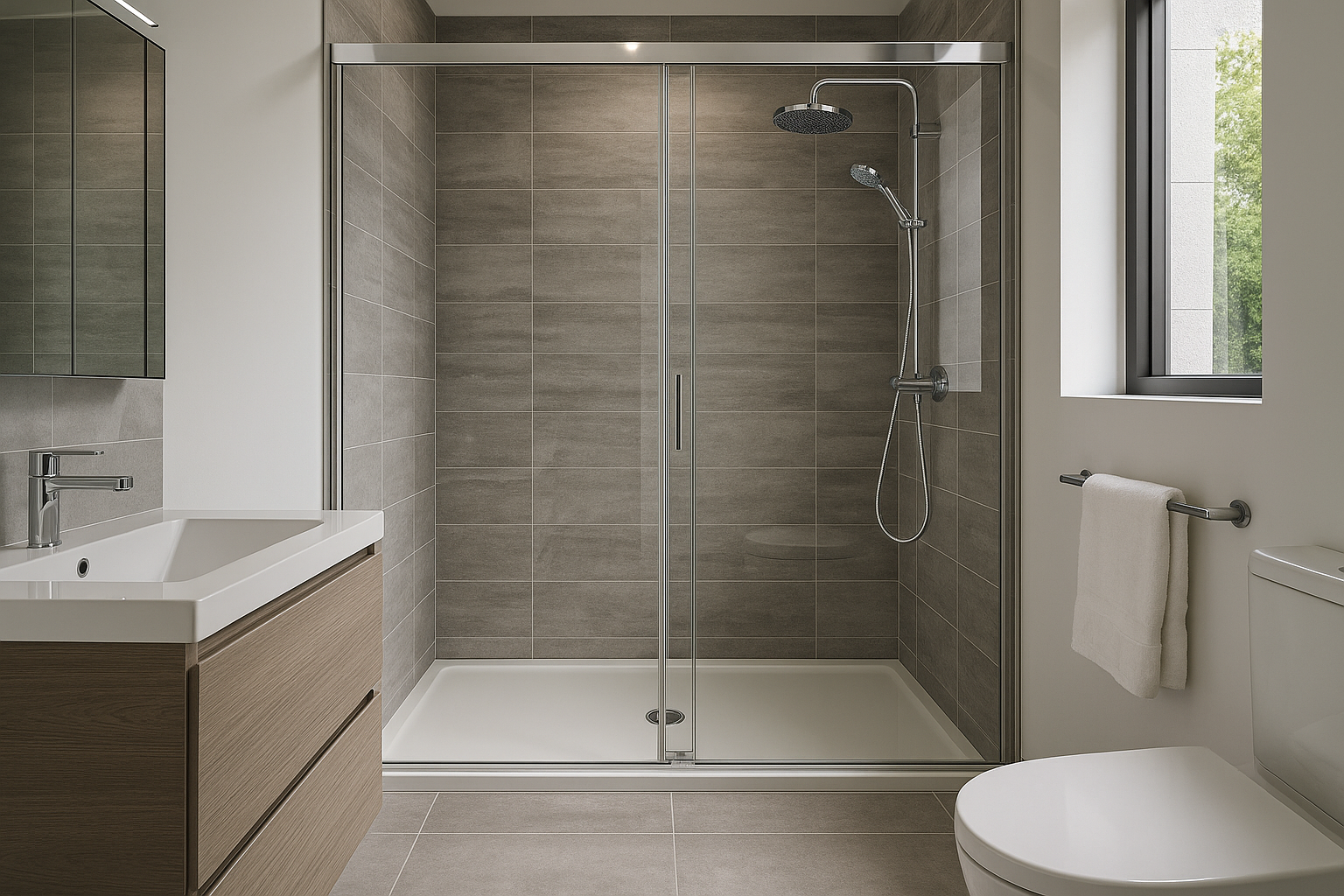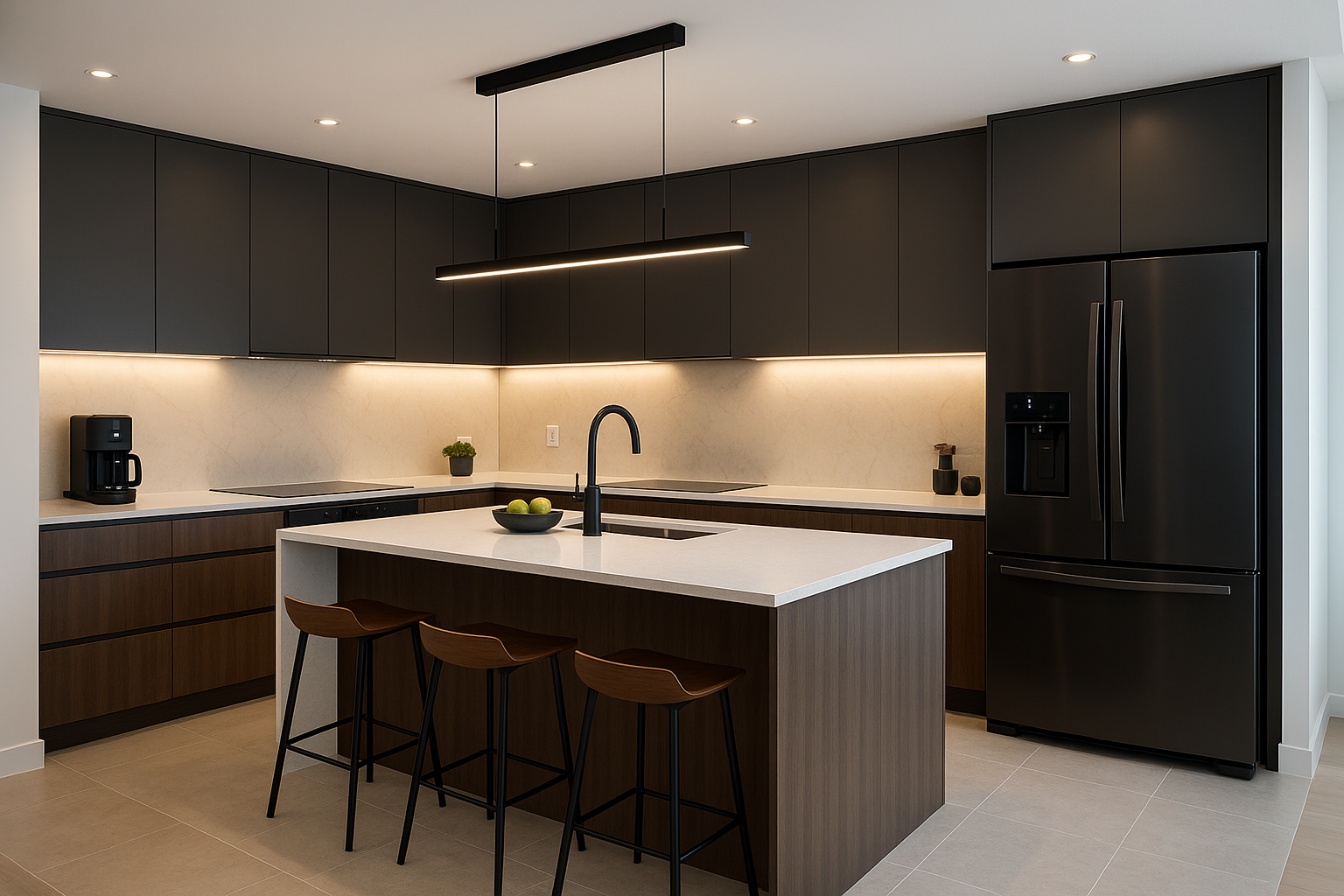Reduce Bills Now With Game-Changing Energy Efficient HVAC
If you're tired of sky-high energy bills and want to make a significant impact on your expenses, discover how upgrading to an energy-efficient HVAC system can transform your home’s energy consumption and save you money—browse options, search options, and see these options to find the best fit for your needs.
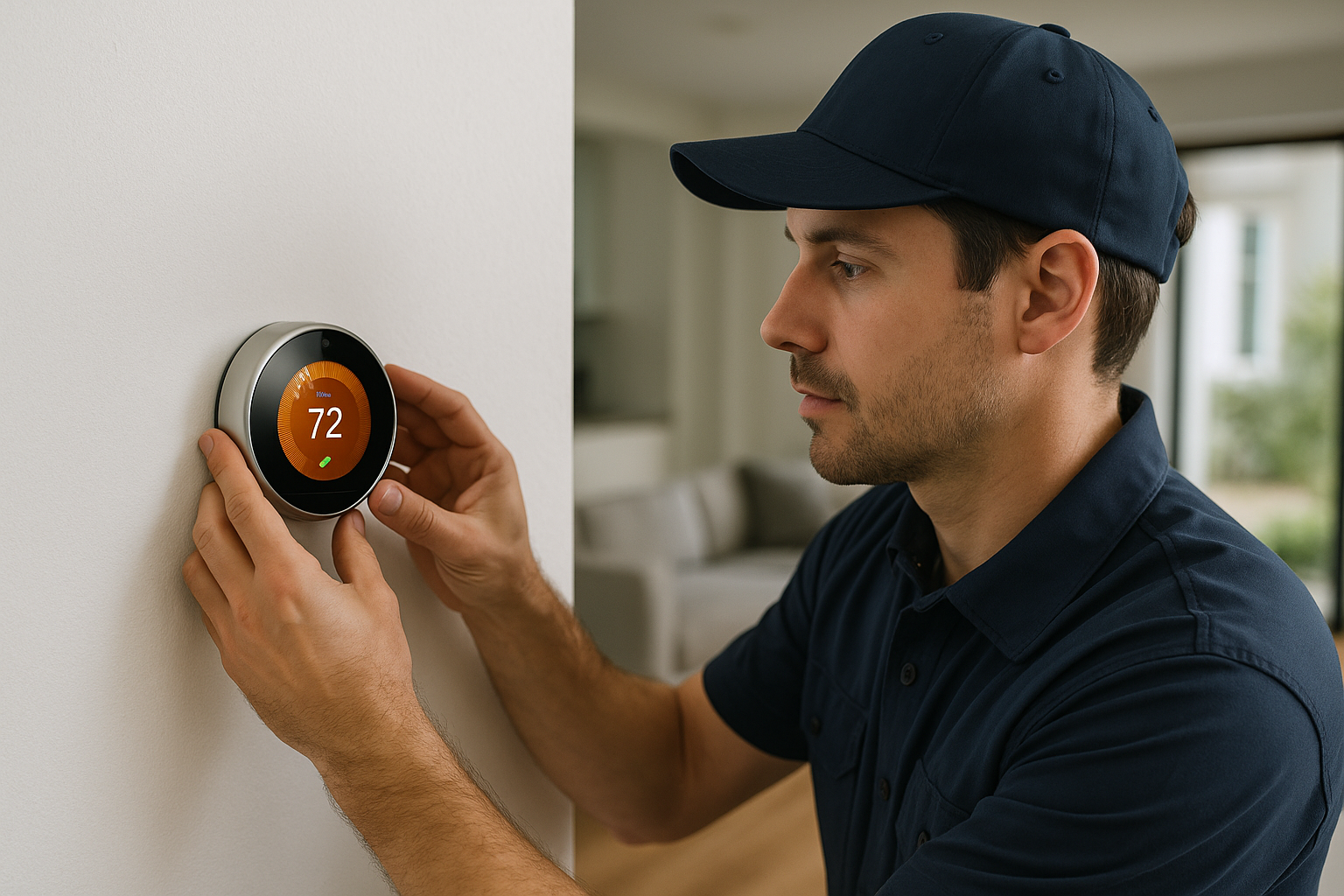
Understanding Energy-Efficient HVAC Systems
Heating, Ventilation, and Air Conditioning (HVAC) systems are integral to maintaining comfortable indoor environments, but they can also be significant energy consumers. Energy-efficient HVAC systems are designed to reduce energy consumption while maintaining or improving the comfort level of your home. These systems use advanced technology to optimize performance and minimize waste, ultimately leading to reduced utility bills and a smaller carbon footprint.
How Energy-Efficient HVAC Systems Work
Energy-efficient HVAC systems incorporate several key technologies to enhance performance. These include variable-speed compressors, which adjust the system's output to match the precise cooling or heating needs of your home, and smart thermostats, which learn your schedule and preferences to optimize energy use. Additionally, these systems often feature improved insulation and advanced heat exchangers, which further boost efficiency by minimizing energy loss.
Financial Benefits of Upgrading
Switching to an energy-efficient HVAC system can lead to significant financial savings. On average, homeowners can save up to 20% on their annual heating and cooling costs by upgrading to a high-efficiency system1. While the initial investment may be higher than traditional systems, many homeowners find that the savings on utility bills quickly offset the upfront costs. Additionally, various federal and state incentives are available to reduce the cost of purchasing and installing these systems2.
Environmental Impact
Beyond financial savings, energy-efficient HVAC systems contribute to a healthier environment. By reducing energy consumption, these systems decrease the demand on power plants, leading to lower greenhouse gas emissions. This reduction in emissions helps combat climate change and promotes cleaner air quality, benefiting both the planet and public health3.
Choosing the Right System
When selecting an energy-efficient HVAC system, it's crucial to consider factors such as the size of your home, your climate, and your specific energy needs. Consulting with a certified HVAC professional can help you determine the best system for your home. Look for systems with high Seasonal Energy Efficiency Ratio (SEER) ratings, which indicate better energy efficiency4. Additionally, explore options for systems that are ENERGY STAR certified, as these have been independently verified to meet strict energy efficiency guidelines.
Maximizing Your Investment
To fully capitalize on the benefits of an energy-efficient HVAC system, it's essential to maintain it regularly. Routine maintenance, such as changing filters and cleaning ducts, ensures the system operates at peak efficiency, prolonging its lifespan and maximizing your savings. Moreover, integrating smart home technology can further enhance efficiency by allowing you to control your HVAC system remotely, ensuring it's only in use when needed.
Incorporating an energy-efficient HVAC system into your home is a smart investment that pays off in reduced energy bills, environmental benefits, and enhanced comfort. As you explore options and search for the best systems available, consider the long-term savings and positive impact on the environment that these systems offer.
References
- U.S. Department of Energy - Heating and Cooling
- ENERGY STAR - Federal Tax Credits
- EPA - Sources of Greenhouse Gas Emissions
- U.S. Department of Energy - Central Air Conditioner Efficiency

